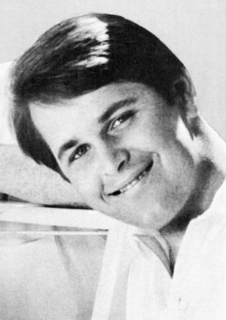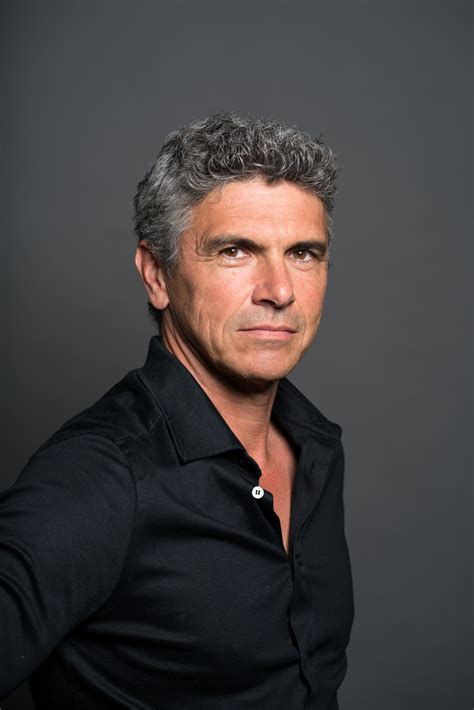A Quote by Theresa May
The internet makes information easier to come by, but harder to control - think of the success of blogs like ConservativeHome and Guido Fawkes. I definitely think Parliament's website can be improved - perhaps it could have better access to video feed, include interactive features or have discussion forums.
Related Quotes
I don't actually think of the internet as the bad guy. I think of the internet as doing a hell of a lot of wonderful, fascinating, interesting things. A lot of information that's exchanged on the internet is extremely useful, and every once in a while it percolates up to knowledge. Wisdom is far harder to come by.
I follow blogs, particularly all the main political ones - Guido Fawkes, Iain Dale, Coffee House, Paul Waugh, Iain Martin in the Wall Street Journal, and so on. And some American ones, like the Huffington Post, Gawker, Boing Boing; or Eater and Daily Candy, also American, which are about where to go to eat.
In the Restoring Internet Freedom Order, the FCC strengthened its transparency rule so that Internet service providers must make public more information about their network management practices. They are required to make this information available either on their own website or on the FCC's website.
I think we are definitely suffering from an information overload, but I believe that there is going to be better and better ways of organizing that information and processing it so that it will enhance your daily life. I just think that technology and information, it's overwhelming at the moment, but it's really going to make life better.
I think people who read Internet blogs are usually trying to fit it in during a busy part of their day, and there's only so much information that you digest. Whereas an experience with a book is a little more comfortable, and I think people are a little more willing to really delve into information.
For some people, it's very easy to be spontaneous and they can pour out the most wonderful stuff. But it's really hard to exert control over it, to think, 'Well, this could be different. This could go in the opposite order, there could be more here and less there.' For other people, it's much easier to have rules and a methodology, but much harder to let loose and allow their feelings to come pouring out on the page. They're more shy or they're just more distant from their emotions. I think everybody starts with one or the other.
You'd hope that no writing about music could supersede the music itself. But I do think that blogs mirror the way that we are listening. It comes at you fast and it's timely and then five minutes later we're on to something else. It caters to our desire for instant gratification. And I think blogs also have fluidity that's exciting. You have a lot of real enthusiastic music fans for the most part that are writing sometimes for a large audience, and I think certain blogs have a little too much power over what someone likes or doesn't like.


































